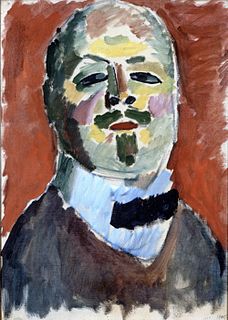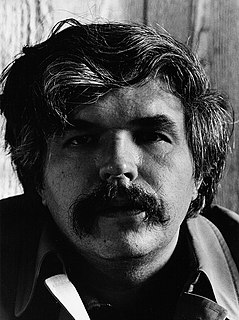A Quote by J. C. R. Licklider
One must be prepared to reject not only the schema of the physical library, which is essentially a response to books and their proliferation, but the schema of the book itself, and even that of the printed page as a long term storage device, if one is to discover the kinds of procognitive systems needed in the future.
Related Quotes
This Being out of God cannot, by any means, be a limited, completed, and inert Being, since God himself is not such a dead Being, but, on the contrary, is Life; but it can only be a Power, since only a Power is the true formal picture or Schema of Life. And indeed it can only be the Power of realising that which is contained in itself a Schema.
It is prima facie highly implausible that life as we know it is the result of a sequence of physical accidents together with the mechanism of natural selection. We are supposed to abandon this naïve response, not in favor of a fully worked out physical/chemical explanation but in favor of an alternative that is really a schema for explanation, supported by some examples. What is lacking, to my knowledge, is a credible argument that the story has a nonnegligible probability of being true.
Consider a future device for individual use, which is a sort of mechanized private file and library. It needs a name, and, to coin one at random, "memex" will do. A memex is a device in which an individual stores all his books, records, and communications, and which is mechanized so that it may be consulted with exceeding speed and flexibility. It is an enlarged intimate supplement to his memory.
Some day, as soon as a book is printed it will be simultaneously put into digital form. That will be a wonderful research tool, but it will never substitute for holding the book. I feel certain that at least within my lifetime, everyone will still be going to the bookstore and buying printed books. Thank God I'll die before I have to worry about whether the printed book itself will disappear. That's something I don't want to live to see.
It had that comfortably sprung, lived-in look that library books with a lively circulation always get; bent page corners, a dab of mustard on page 331, a whiff of some reader's spilled after-dinner whiskey on page 468. Only library books speak with such wordless eloquence of the power good stories hold over us, how good stories abide, unchanged and mutely wise, while we poor humans grow older and slower.
I was so inspired by Dr. King that in 1956 with my brothers and sisters and first cousins, I was only 16 years old, we went down to the public library trying to check out some books and we were told by the librarian that the library was for whites only and not for colors! It was a public library! I never went back to that public library until July 5th, 1998, by this time I'm in the Congress, for a book signing of my book "Walking with the Wind"
My art in the last period has all been in small format, but my paintings have become even deeper and more spiritual, speaking truly through colour. Feeling that because of my illness I would not be able to paint very much longer, I worked like a man obsessed on these little 'Meditations' (a long series of small paintings he made during the last years of his life, with as main motif the schema of a face, ed.). And now I leave these small but, to me, important works to the future and to people who love art.
I had a library of maybe 1,000 books in my room in Buenos Aires. I did have the sense that everything there was organised in the right way. You'll probably think I needed serious psychiatric treatment, but there were times when I would not buy a book because I knew it wouldn't fit one of the categories into which I had divided the library.
I was struggling against the flypaper of other arts harnessing film to their own usages, which means essentially as a recording device or within the long historical trap of picture - by which I mean a collection of nameable shapes within a frame. I don't even think still photography, with few exceptions, has made any significant attempt to free itself from that.






































